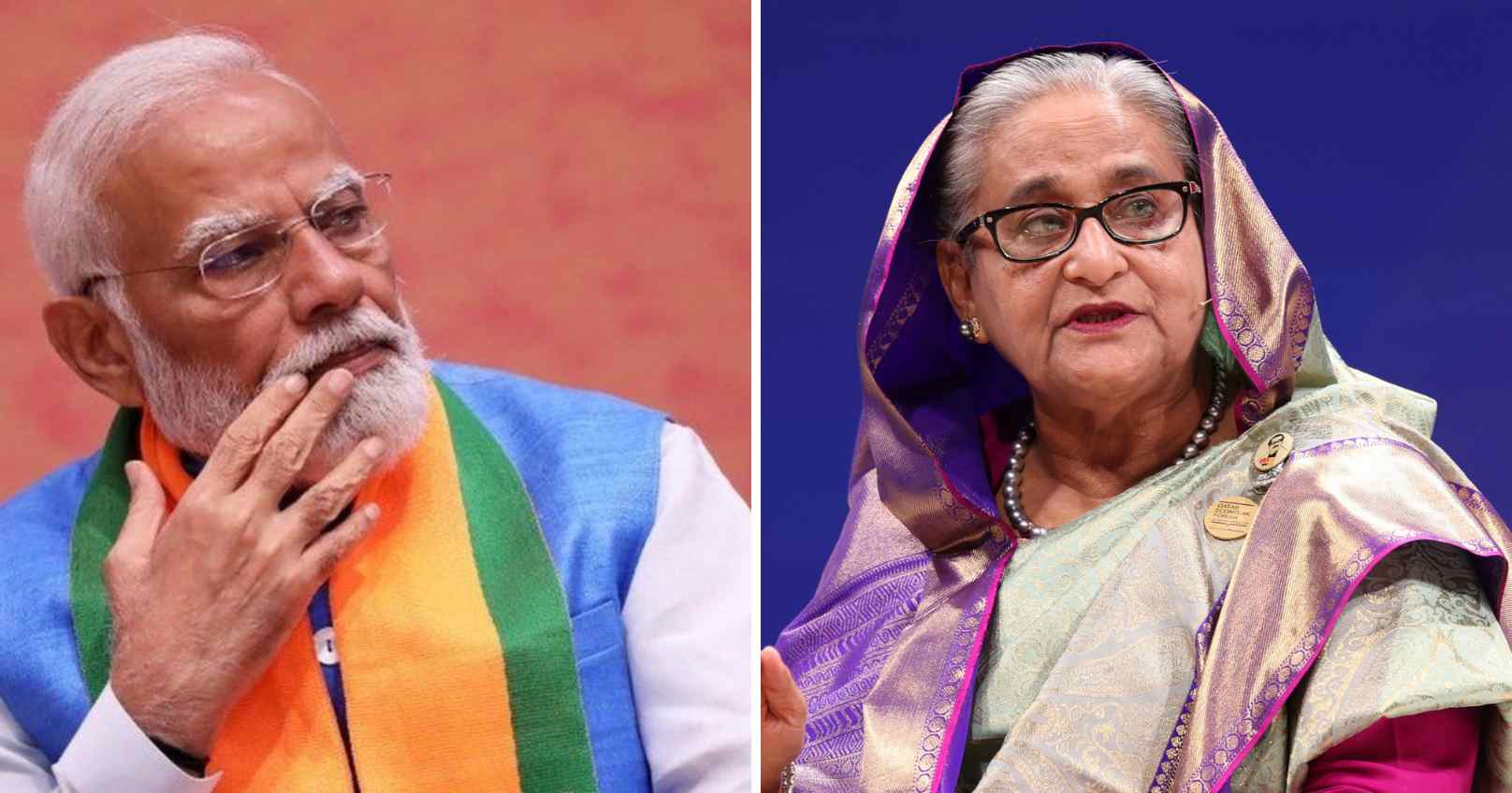Prime Minister Narendra Modi has discussed the recent violence in Bangladesh, which has resulted in over 300 deaths, with External Affairs Minister S. Jaishankar. The conversation included the resignation of former Prime Minister Sheikh Hasina and the collapse of her government.
Prime Minister Modi has been updated on the Bangladesh situation by External Affairs Minister Jaishankar. There has been no confirmation yet on whether Modi will meet Hasina, who fled her Dhaka residence just before it was overrun by protesters.
Sheikh Hasina has landed at Hindon Air Force Base in Ghaziabad, Uttar Pradesh, approximately 30 km from Delhi. She arrived on a Bangladesh Air Force C-130 military transport plane, which is currently stationed near Indian Air Force C-17 and C-130J aircraft. Hasina is expected to continue her journey to London.
In response to the situation, India's Border Security Force is on high alert. The 4,096 km India-Bangladesh border has been closed, and travel across it has been halted. The Railways and Air India have canceled trains and flights, with Air India suspending its two daily flights from Delhi to Dhaka.
Following Hasina's resignation, Bangladesh Army Chief General Waker-Uz-Zaman announced that the military would form an interim government and urged protesters to cease their activities. "There is a crisis. I have met opposition leaders, and we have decided to form an interim government to run this country. I take all responsibility and promise to protect your life and property. Your demands will be fulfilled. Please stop the violence," he stated.
Chaos erupted earlier today as protesters stormed Gonobhaban, the Prime Minister's residence in Dhaka. However, Hasina, who began her fifth term as Prime Minister this year, had already fled with her younger sister, Sheikh Rehana, in a military helicopter.
The violence on Sunday resulted in 100 deaths and over 1,000 injuries as clashes occurred between police and protesters. The protests, which began late last month, have intensified over the past few days following a major confrontation between students and police.
The demonstrations initially began over a quota system that reserved up to 30 percent of government jobs for family members of veterans from Bangladesh's 1971 war against Pakistan. The movement quickly expanded into a broader anti-government protest that attracted support from all sectors of Bangladeshi society, including film stars, musicians, and singers.
The Bangladesh Supreme Court reduced the reservations to 5 percent, leading student leaders to temporarily halt protests. However, unrest reignited when the government allegedly ignored demands to release all student leaders, ultimately triggering calls for Sheikh Hasina's resignation.







